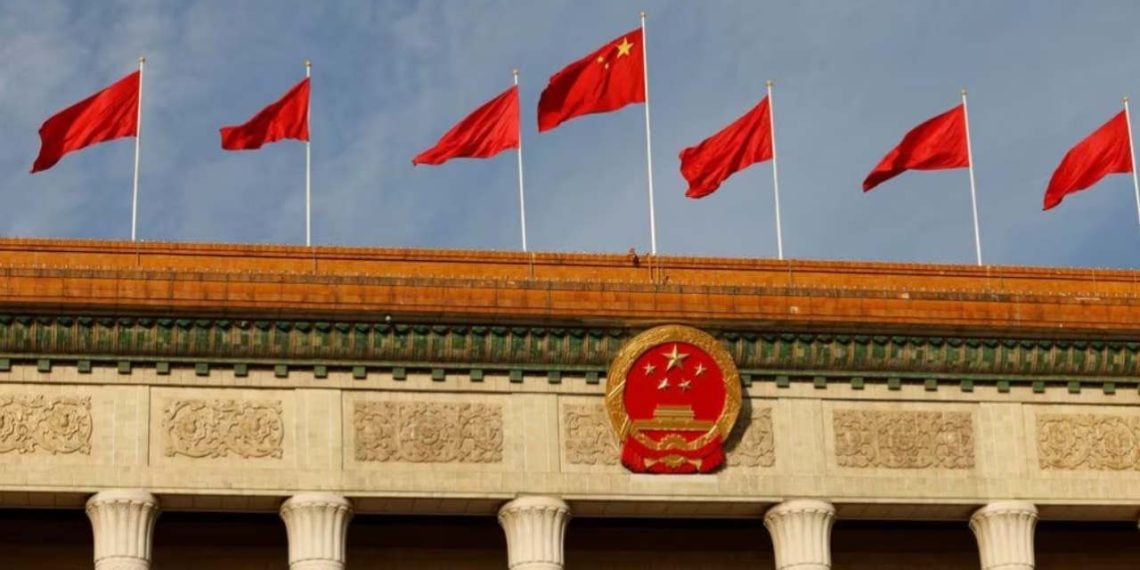On Thursday, China insisted that Ukraine promptly remove over a dozen Chinese companies from a list of entities labeled as “international sponsors of war,” emphasizing the desire for Kyiv to “eliminate negative impacts.”
Following a report, China’s ambassador in Kyiv informed senior Ukrainian officials last month that the listed companies could strain bilateral ties.
China strongly opposes the inclusion of its enterprises in the list and urges Ukraine to rectify the error promptly, demanding the elimination of negative impacts, as conveyed by a Chinese foreign ministry spokesperson to Reuters. However, the statement did not elaborate on the specific impacts.
Maintaining close ties with Moscow, Beijing has refrained from criticizing Russia’s invasion of Ukraine. However, China emphasizes the importance of respecting the sovereignty and territorial integrity of all nations and has extended an offer to mediate in the ongoing war.
“The ambassador said that all this (the situation with the blacklist) could have a negative impact on our relations,” said one of two senior Ukrainian sources who spoke about the meeting.
The source conveyed that China, without setting any conditions, expressed its perspective on Ukraine’s list.
The second source indicated that Beijing might tie the issue to Chinese purchases of Ukrainian grain. Prior to Russia’s full-scale invasion on Feb. 24, 2022, China held the position of Ukraine’s largest trade partner, continuing to be a significant consumer of Ukrainian grain, sunflower oil, and iron ore.
The non-legally binding blacklist criticizes extensive cooperation between Chinese and Russian companies, particularly in oil and gas, a key revenue source for Moscow.
The list includes Chinese energy giants China National Petroleum Corporation (CNPC), China Petrochemical Corporation (Sinopec Group), and China National Offshore Oil Corporation (CNOOC). Sinopec and CNOOC have not yet responded to requests for comments. CNPC, on the other hand, clarified that the list was not a recent development.
Ukraine’s National Agency for Corruption Prevention characterizes the blacklist as a potent tool for influencing global supply chain elements and prompting international businesses to disengage from Russia.
Despite China being perceived as a Kremlin ally, Ukraine has carefully navigated relations, avoiding tensions with the world’s second-largest economy during the war with Moscow. While repeatedly urging Beijing to support diplomatic peace efforts, Ukraine’s blueprint for peace has been presented at international meetings.
China, initially attending one in Jeddah, has refrained from subsequent participation. Previously a major destination for Ukrainian food exports, the UN-brokered grain corridor, now defunct, shipped around 7.9 million metric tons to China post-Russia’s invasion.
With 14 companies on the blacklist, China leads, followed by the U.S., France, and Germany. On Tuesday, China stated that Chinese Vice Foreign Minister Sun Weidong met with Ukraine’s ambassador, emphasizing mutual respect.




